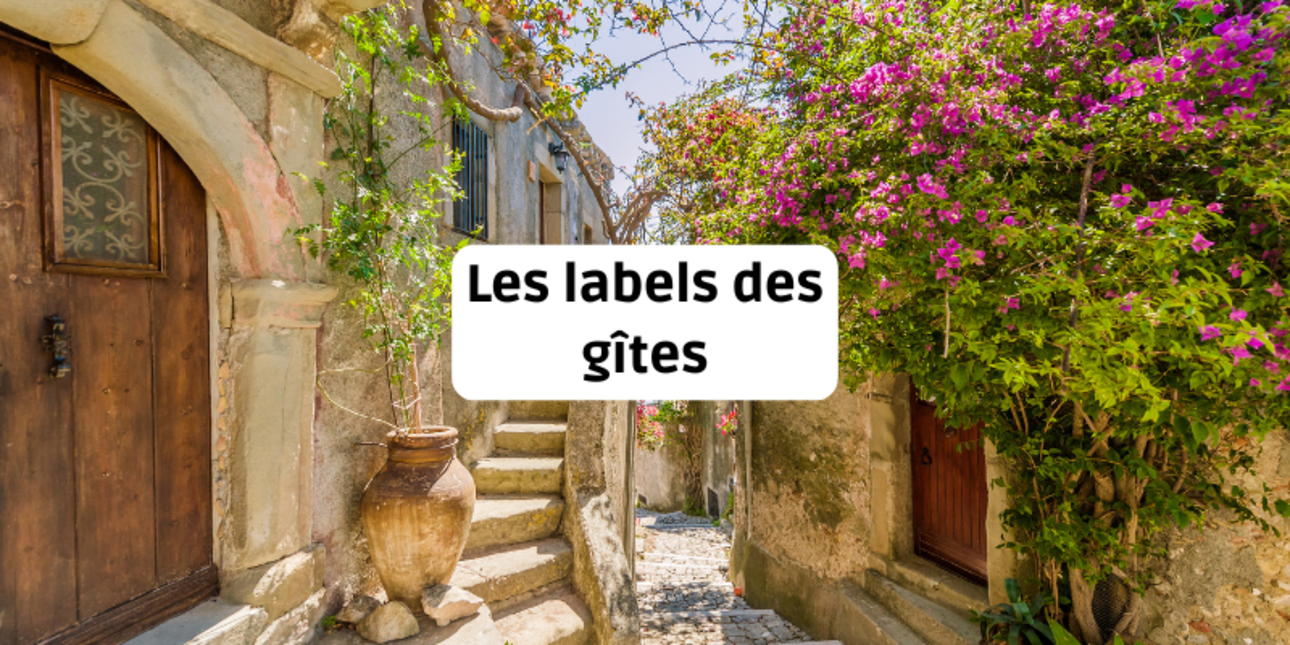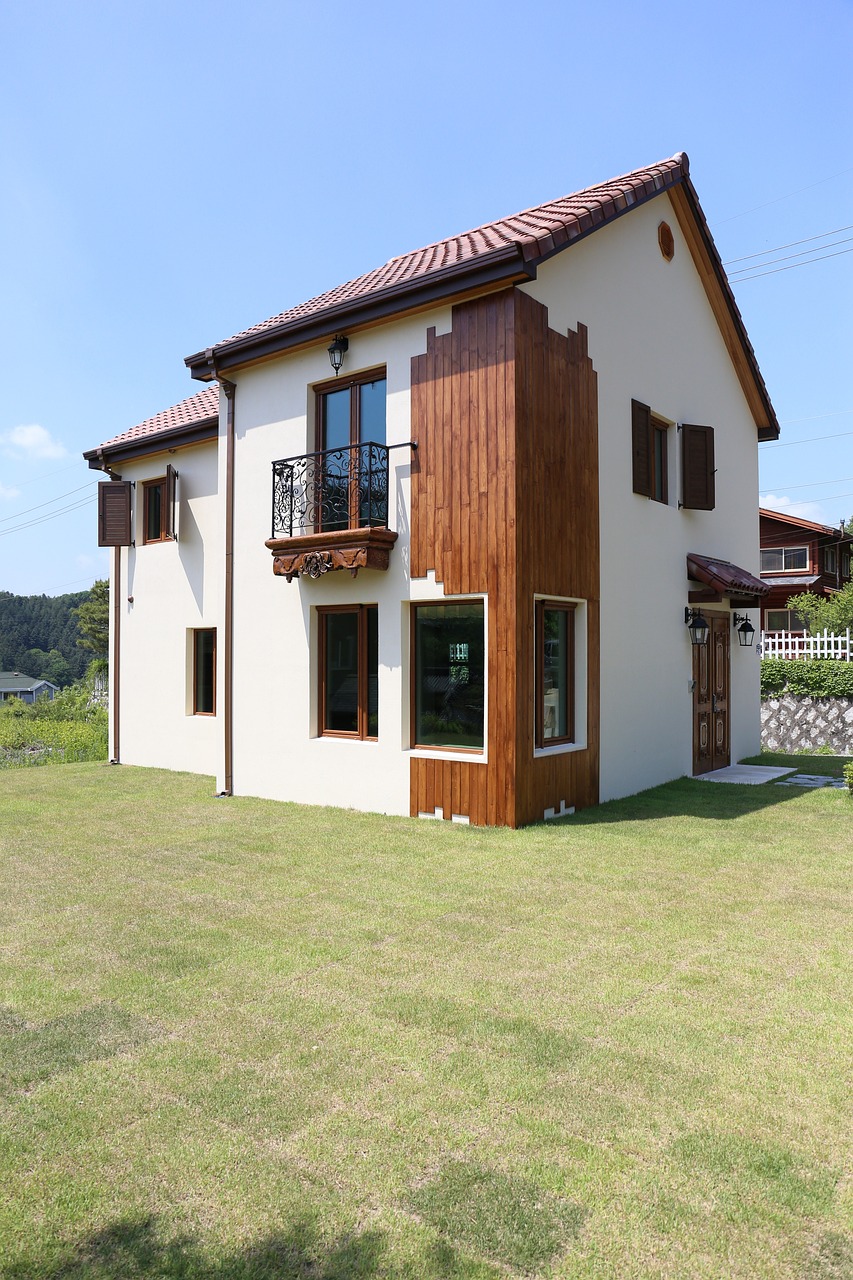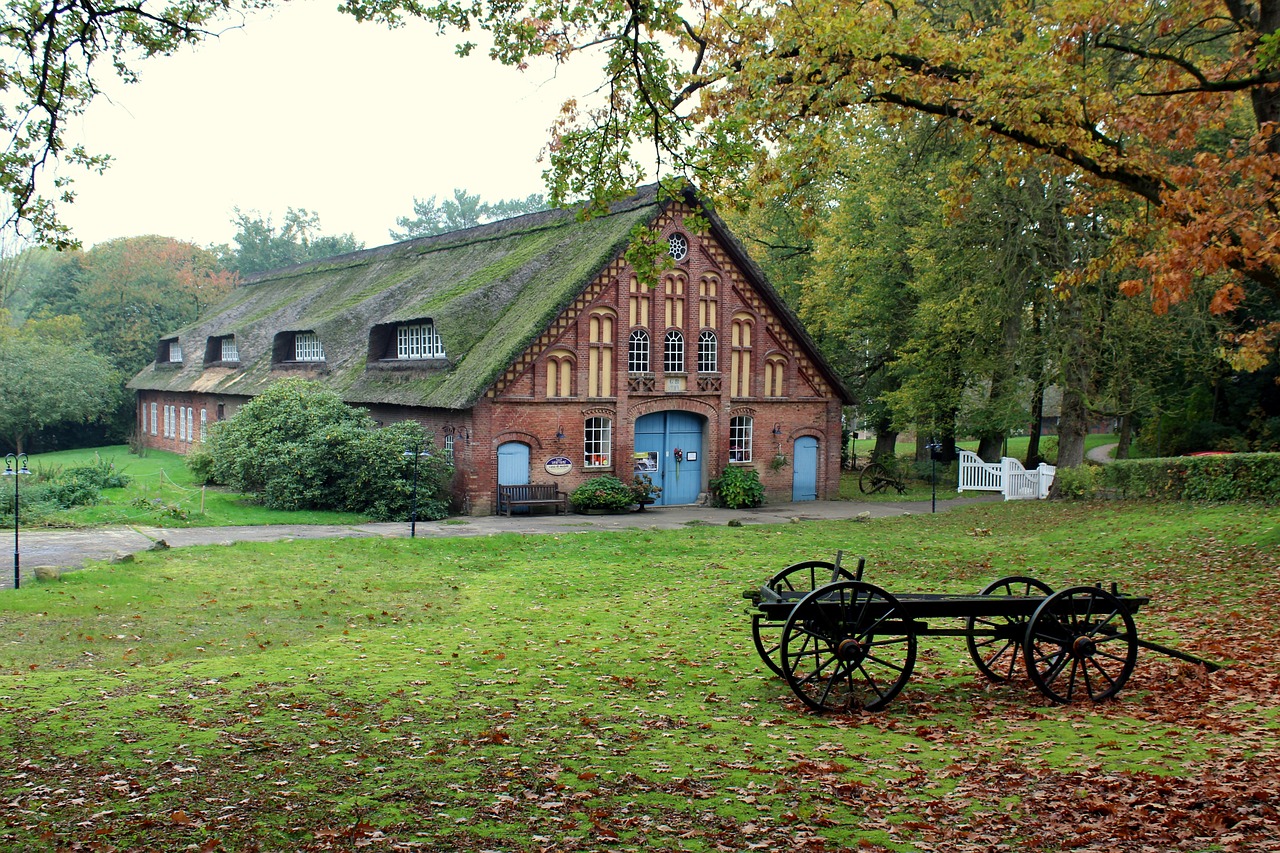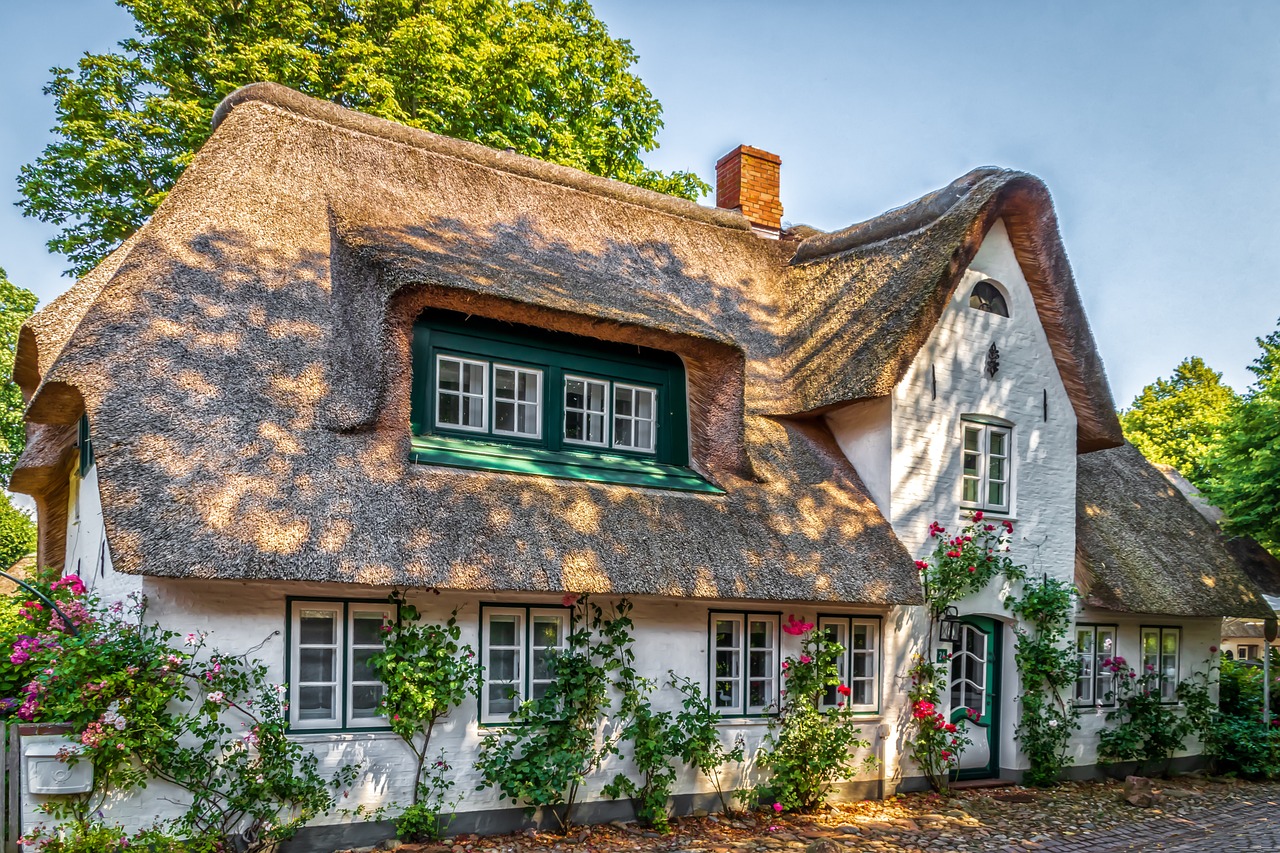
The gîtes are a popular accommodation option for travellers looking for authenticity and comfort in a rural setting. To guarantee the quality of these establishments, a number of labels have been created. These labels, which are a genuine mark of trust, offer owners official recognition and travellers the assurance of a stay in line with their expectations. Let's explore the world of gîtes in France.
Membership of a label for gîtes is not compulsory, but it offers numerous advantages for owners. First of all, obtaining a national label can give access to subsidies from the departmental council, which can be a significant financial boost in maintaining the impeccable condition of the accommodation.
In addition, a label offers increased visibility and credibility to the gîte, enabling it to join a network of professional owners. Some labels offer additional services such as communication, marketing, information and training. These can be invaluable tools for owners wishing to develop their tourism business. For example, communication services can include internet campaigns and tools to manage online bookings.

Last but not least, some labels allow you to join the ANCV (Agence Nationale pour les Chèques-Vacances), extending payment options for your customers. This can be a definite advantage for those managing seasonal vacation rentals.
For travelers, choosing a gîte with a label is synonymous with a guarantee of quality. Labels impose strict criteria in terms of equipment, comfort, welcome and often respect for the environment. This enables travelers to select accommodation that matches their expectations and values, and to enjoy a warm and appropriate welcome. A label guarantees that the accommodation is ready to welcome various types of visitors, including those with disabilities, by providing adapted facilities.
Gite labels often feature comfortable, well-appointed rooms, which can be located in a traditional house, farmhouse or even a château.
Gîtes de France is one of the best-known and most respected labels for rural accommodation. This label operates as a recognised quality mark. It offers several sub-labels to meet specific needs:
These labels allow you to join a community committed to preserving the environment and promoting sustainable tourism.
Clévacances is another major label for gîtes and furnished holiday accommodation. It offers a classification ranging from 1 to 5 keys, similar to the star system for hotels, with each key symbolising a level of comfort and equipment. This federation is a network that relies on strict conditions to ensure consistent quality, and its mark is a guarantee of quality recognised by holidaymakers.
Managed by Atout France, France's tourism development agency, this label is aimed specifically at furnished tourist accommodation. It offers a classification of 1 to 5 stars, valid for 5 years. This label guarantees that the accommodation complies with standards in terms of comfort and equipment, which is essential for attracting holidaymakers looking for quality accommodation.
Several labels focus on the ecological aspect of accommodation:
These labels guarantee environmentally-friendly practices, such as the use of ecological cleaning products, responsible water and energy management, and the promotion of local biodiversity. This enables gîtes to offer green holidays, where holidaymakers can enjoy nature in a responsible way.
To obtain a label, you generally need to follow a number of steps:
It's important to note that joining a label generally involves costs: labelling fees, entry fees, annual subscriptions, and sometimes commission on sales.
With growing environmental awareness, eco-labels are gaining in importance. Labels such as the European Ecolabel, La Clef Verte and Ecogîtes from Gîtes de France emphasise respect for the environment.
These labels guarantee environmentally-friendly practices, such as the use of ecological cleaning products, responsible water and energy management, and the promotion of local biodiversity. They also encourage gîtes to adopt practices such as waste sorting and the use of renewable energy.
Gîte labels play a crucial role in France's rural tourism ecosystem. They offer owners recognition of the quality of their accommodation and travellers the assurance of a stay that meets their expectations. With the proliferation of labels, particularly ecological ones, it's important for owners to choose the one that best suits their establishment and their values. For travellers, these labels are valuable indicators for selecting quality accommodation that respects the environment and offers an authentic experience of the French terroir.
Ultimately, joining a label is an approach that, although requiring an initial investment, can bring many benefits in the long term. Whether in terms of visibility, recognition or financial support, labels are a major asset for any gîte project wishing to flourish in France.
1. How do I sell a gîte?
2. Where to buy a gîte
3. How much does a night in a gîte cost?
4. How profitable is a gîte?
5. Buying a gîte or creating a gîte: which should you choose?
6. What are the formalities for opening a gîte?
7. The different types of gîtes
8. Taxation of gîtes
9. Gîte classification
10. Running a gîte as a company
11. How to communicate effectively for a gîte
12. How to choose the best platform for your gîte
13. What criteria should I take into account when buying a gîte?
14. Furnishing and decorating a gîte
15. What is the ideal number of bedrooms for a gîte?
16. The advantages of a large plot for your gîte
17. What are the essential features of a self-catering cottage?
18. Should a swimming pool be installed for a gîte?
19. What price should I pay for a gîte?